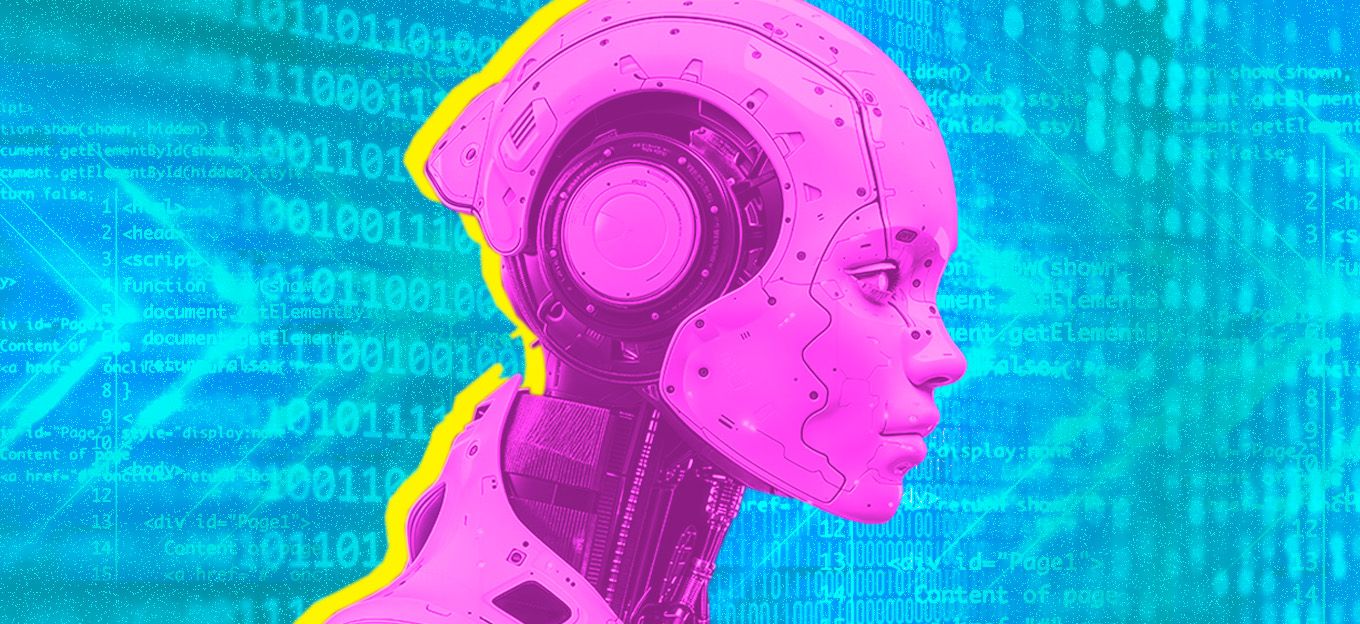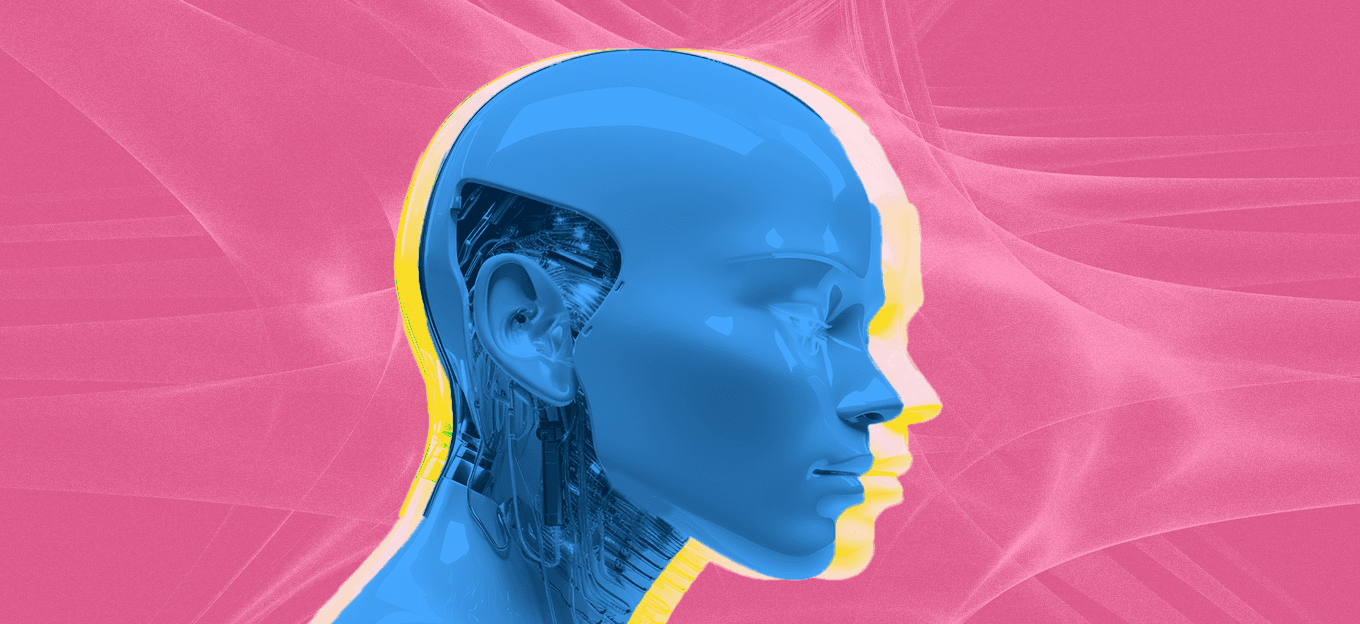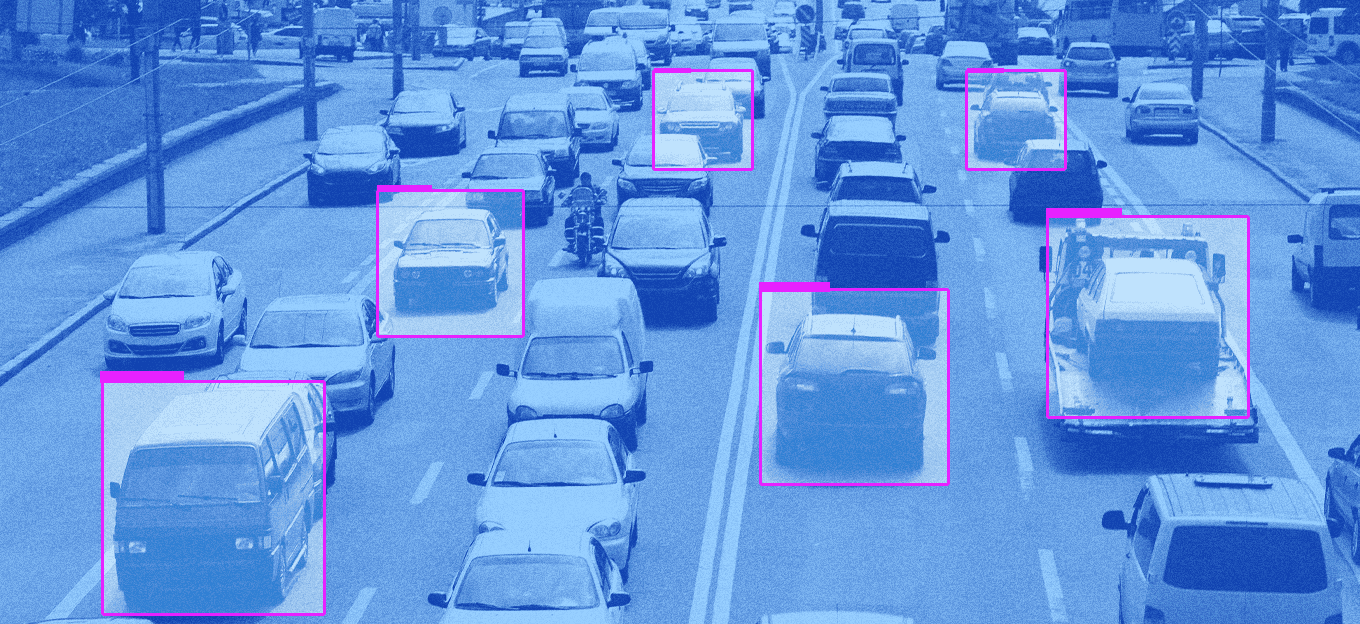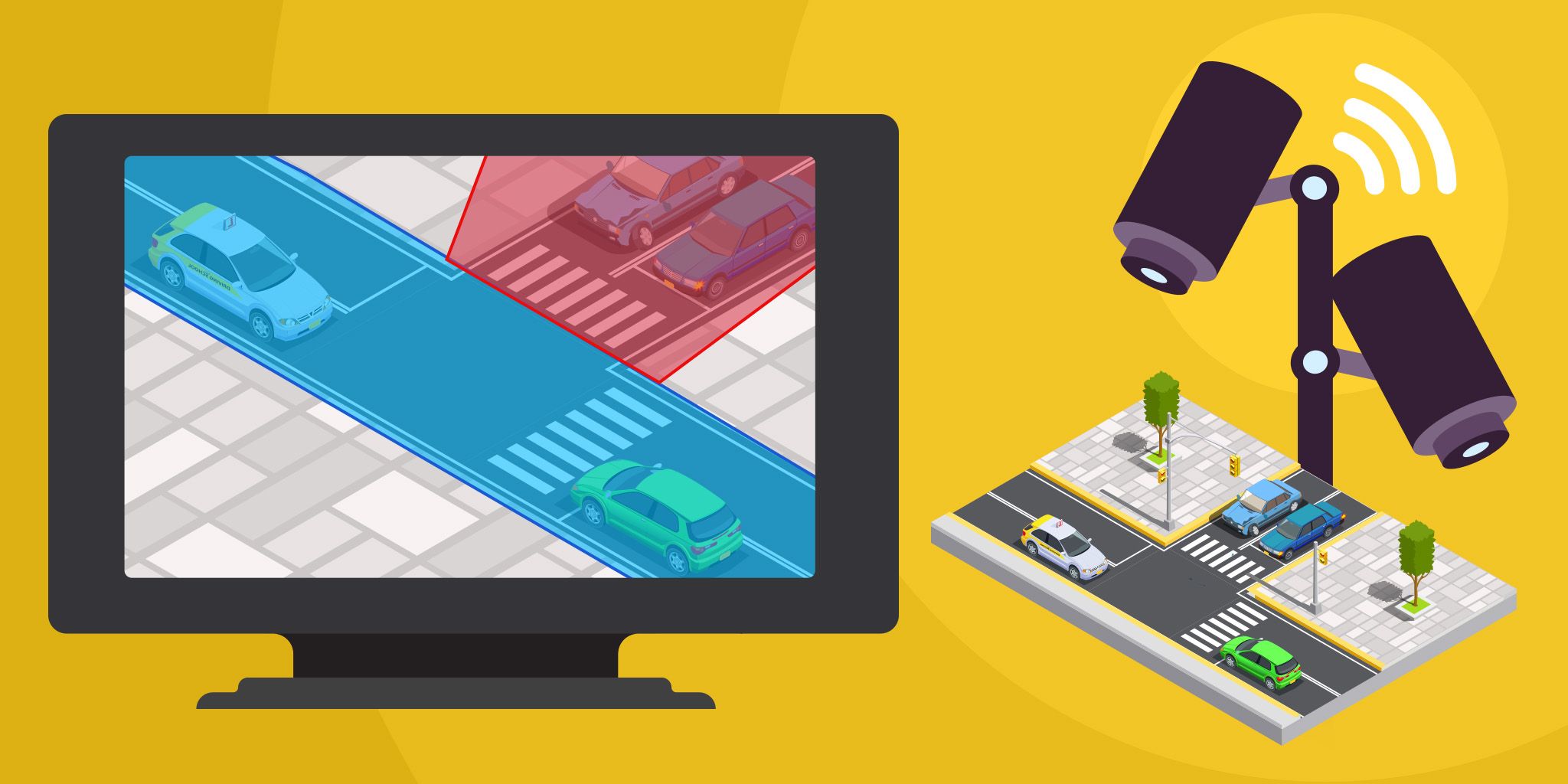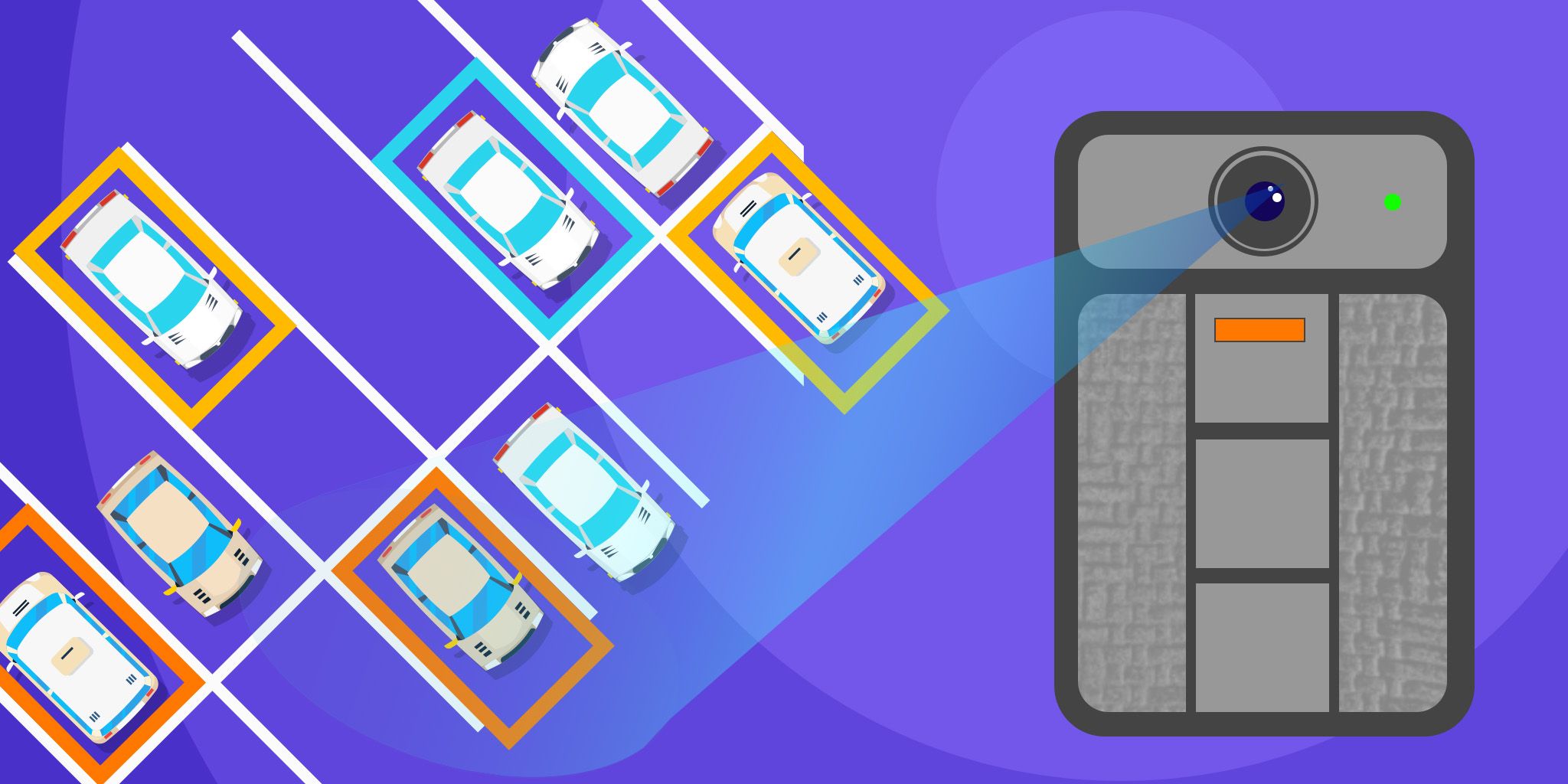How AI Is Making Education More Personal
How AI Is Making Education More Personal
- Last Updated: June 18, 2025
Eastern Peak
- Last Updated: June 18, 2025



Imagine a classroom where every student has access to a personal tutor. Picture lessons dynamically adapt in real time, responding to each learner's unique needs, strengths, and interests.
Envision teachers focusing more on mentorship and direct engagement rather than getting bogged down in administrative tasks. This scenario is not futuristic; it represents the reality that is gradually emerging as AI becomes integrated into education.
Let's dive into this exciting shift in education, exploring the immense possibilities AI offers to students, teachers, and institutions.
Personalized Learning
For decades, classrooms have wrestled with the same challenge: how do you teach 30 kids with 30 different learning styles? Traditional education often defaults to one-size-fits-all, which leaves some students struggling and others bored.
AI addresses this by enabling highly personalized learning experiences. Adaptive learning platforms powered by AI analyze each student's performance and learning behaviors in real time, tailoring content to individual capabilities.
For example, adaptive tools can swiftly pinpoint when a student struggles with a math concept or language skill, adjusting instructional methods accordingly. This personalized intervention increases understanding and significantly enhances student motivation, confidence, and academic outcomes.
Platforms like Smart Sparrow, for example, dynamically adapt their curriculum based on real-time student interaction. This approach ensures that no learner is left behind or feels unchallenged.
Empowering Educators
One common misconception is that AI in education might render teachers obsolete. In actuality, this is not at all the case. AI doesn't replace educators; it augments their abilities.
By automating routine tasks such as grading quizzes, organizing attendance, and even managing schedules, AI empowers teachers to focus their valuable time and energy on meaningful interactions and personalized mentoring.
Moreover, AI-driven analytics provide teachers with valuable insights, highlighting precisely where students may need extra attention or additional challenges. These insights empower educators to intervene earlier and more effectively, significantly improving classroom outcomes.
Real-world AI in Education
Many innovative educational platforms and institutions are leveraging AI to enhance the learning experience in practical, relatable ways:
- Khan Academy’s Khanmigo: This AI-powered tutoring system provides personalized support and real-time feedback, transforming the way students engage with educational content.
- Duolingo’s adaptive learning model: Duolingo uses AI to give each student a personalized language lesson, changing the level of difficulty based on their success and ability to remember what they've learned.
- Squirrel AI’s adaptive systems: Squirrel AI breaks down subjects into small units and uses AI to find and fill in knowledge gaps, making sure that students fully understand each idea before moving on to the next.
These real-world applications illustrate that AI isn't just theory; it's actively improving educational outcomes across diverse contexts and disciplines.
Addressing Potential Challenges
While the benefits of AI in education are substantial, it's essential to navigate certain challenges carefully:
Data Privacy and Security
Ensuring student data privacy is critical. Educational institutions must guarantee that personal and academic information is secure, employing robust data protection practices aligned with regulations such as GDPR.
Equity and Accessibility
AI solutions should promote inclusivity, not widen educational gaps. Ensuring equitable access to technology is essential to prevent exacerbating existing disparities between students in different socio-economic contexts. Initiatives should aim for the widespread adoption of affordable, accessible AI tools across diverse educational settings.
Teacher Training and Adoption
For AI to be truly effective, educators must feel comfortable and confident using these technologies. Comprehensive training programs are crucial, providing teachers with the skills necessary to integrate AI effectively into their daily teaching practices.
Future of AI in Education
The integration of AI in education represents a significant paradigm shift. Far from depersonalizing learning, AI enhances human interactions by reducing repetitive tasks and allowing educators to concentrate more fully on mentorship and engagement.
AI-driven education prepares students for a rapidly evolving job market, where technological literacy and adaptive learning skills are increasingly critical. By fostering personalized learning environments, AI ensures students are not only academically equipped but also personally empowered.
Furthermore, educational institutions leveraging AI technologies will increasingly serve as pioneers, demonstrating the effectiveness of AI-enhanced education to a broader community. This momentum will likely catalyze further adoption across educational sectors globally.
A Human-Centric Approach
At its core, the success of AI in education hinges on maintaining a human-centric approach. AI technologies must complement human educators, enhancing their capabilities rather than replacing their crucial roles.
As we embrace this exciting intersection of technology and education, the focus must remain steadfast on creating engaging, personalized, and equitable learning experiences for all students.
The future of education isn't just digital; it's deeply human, made possible through the thoughtful integration of AI.
The Most Comprehensive IoT Newsletter for Enterprises
Showcasing the highest-quality content, resources, news, and insights from the world of the Internet of Things. Subscribe to remain informed and up-to-date.
New Podcast Episode

IoT in 2026: Trends and Predictions
Related Articles
